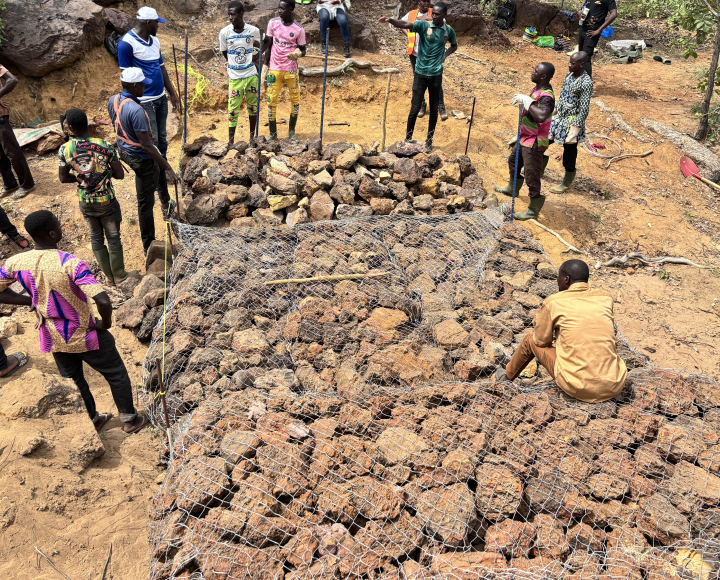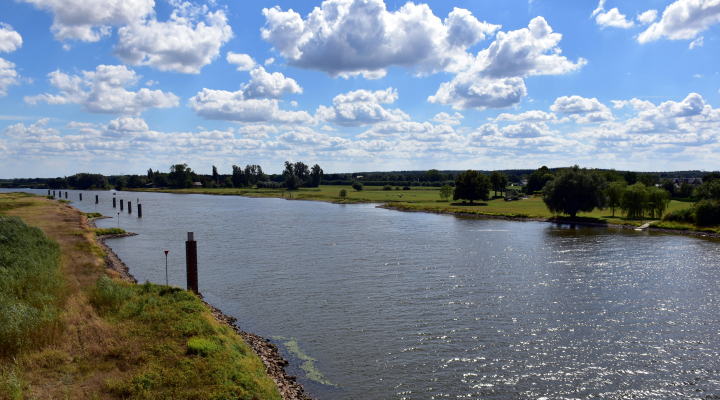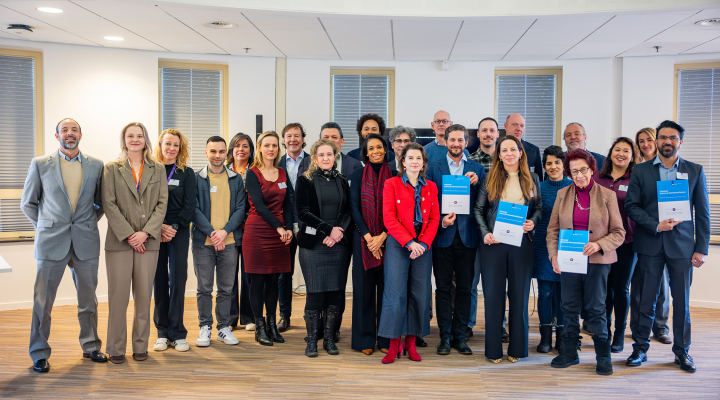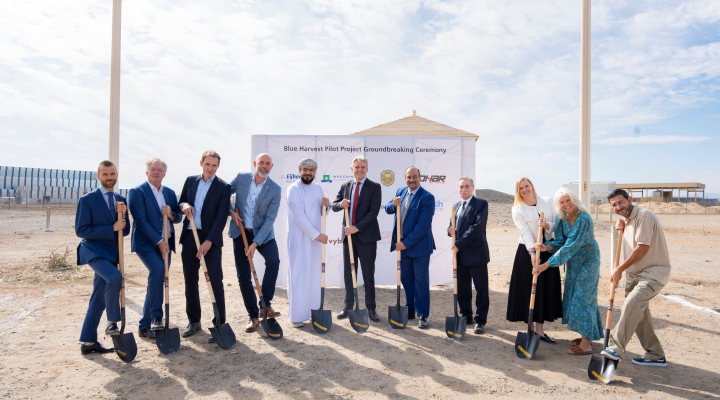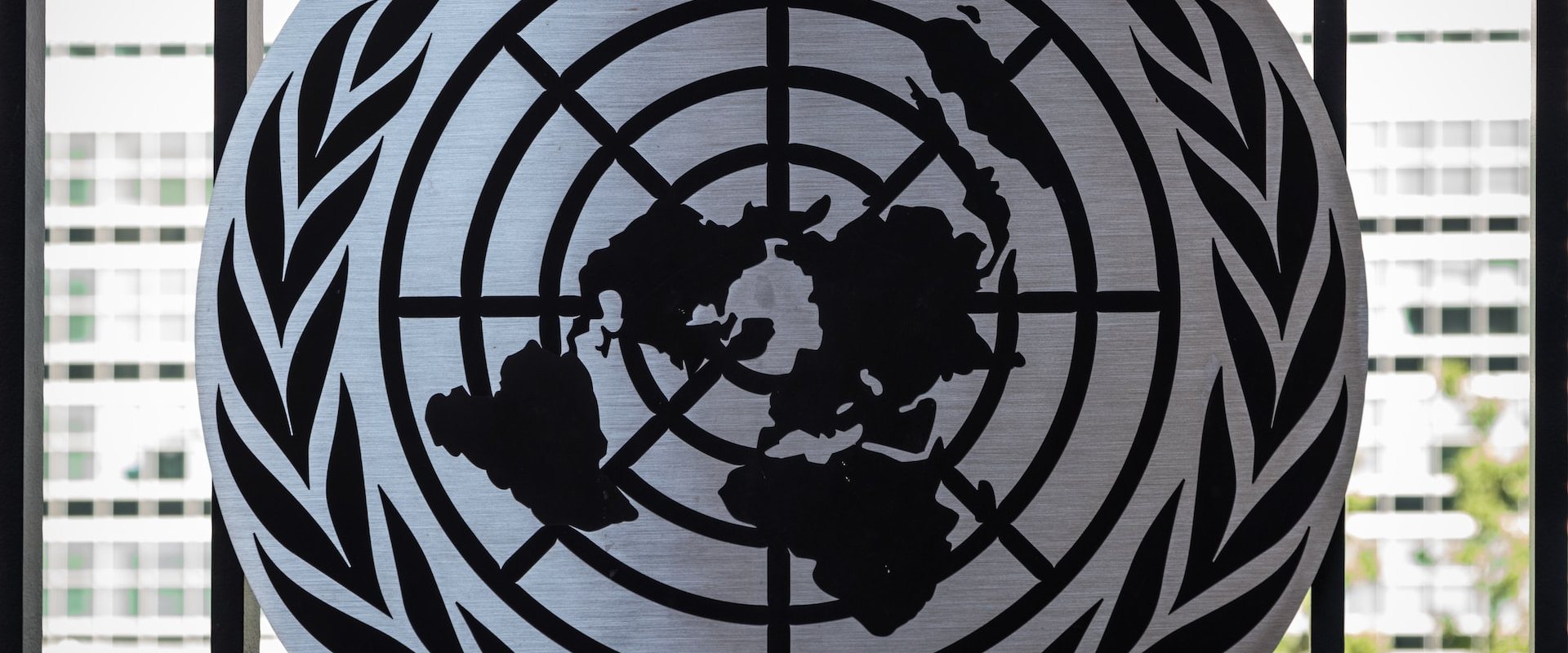
Dutch expert appointed to co-chair UN climate panel IPCC
Dutch Professor Bart van den Hurk, Scientific Director at the knowledge institute Deltares, has been elected as co-chair of one of the three panel's working groups by the UN's Intergovernmental Panel on Climate Change (IPCC).
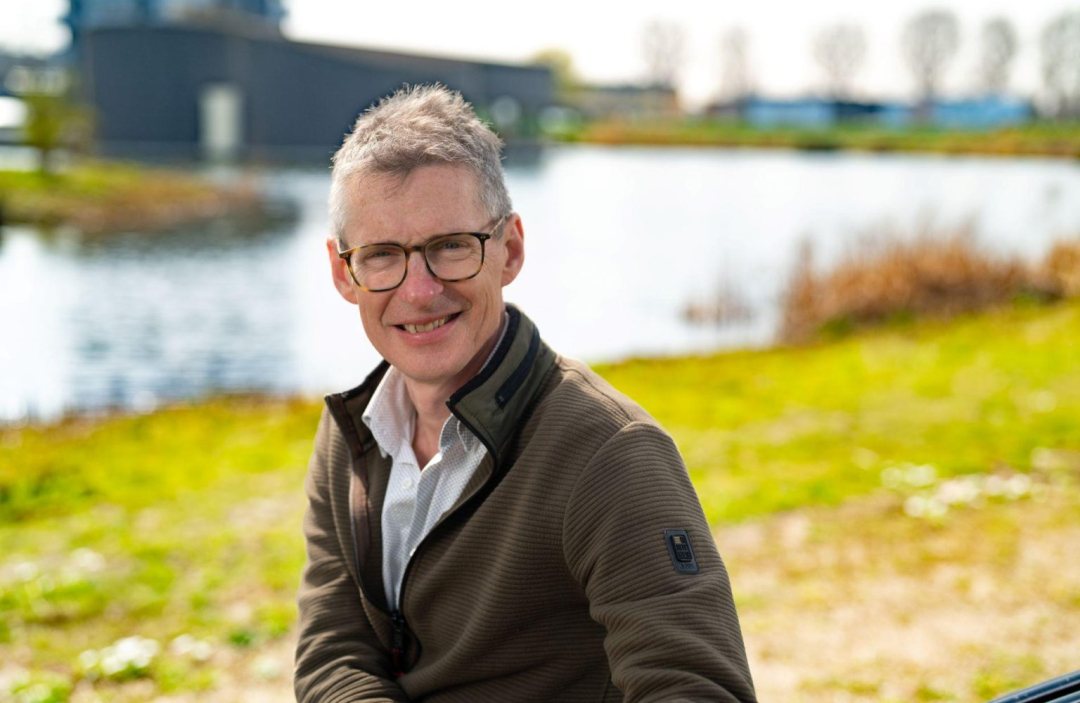

He will lead IPCC’s Working Group II together with Professor Winston Chow, Associate Professor of Urban Climate and Lee Kong Chian Research Fellow based at Singapore Management University (SMU). This group is concerned with climate change impacts, adaptation, and vulnerability.
“I am incredibly honoured to have been elected as the co-chair for Working Group II. For the coming six years, Winston and I will lead the compilation of the science that helps to map, design, and implement the many choices that need to be made to keep societal development match the challenges of our climate in transition. And we will call upon the multitude of experts from around the world that need to contribute to this work,” says Van den Hurk.
Focus areas
Van den Hurk is an expert in the field of weather and climate information. As the new co-chair of Working Group II, he has several priorities, including:
- Focusing on vulnerable communities and actors that have the potential to contribute.
- Involving experts from developing countries in the IPCC assessment process.
- Creating a greater overlap between traditional IPCC Working Groups I, II, and III.
- Strengthening the link between IPCC outputs and decisions in the field by hosting more workshops aimed at regions with high adaptation pressure.
About the Intergovernmental Panel on Climate Change
The IPCC is the UN body for assessing the science related to climate change. Established in 1988, it provides regular assessments of the scientific basis of climate change, its impacts and future risks, and options for adaptation and mitigation. The IPCC has three working groups:
- Working Group I, dealing with the physical science basis of climate change;
- Working Group II, dealing with climate change impacts, adaptation, and vulnerability; and
- Working Group III, dealing with the mitigation of climate change.
The IPCC prepares comprehensive Assessment Reports about knowledge on climate change, its causes, potential impacts and response options. In March 2023, the IPCC completed its Sixth Assessment Report (AR6). The key findings of the AR6 Synthesis Report are:
- The pace and scale of climate action are insufficient to tackle climate change.
- Multiple, feasible, and effective options are available to reduce greenhouse gas emissions and adapt to human-caused climate change.
- Enabling conditions include finance, technology, capacity building, and international cooperation.
For more information on IPCC’s work, please visit www.ipcc.ch.






